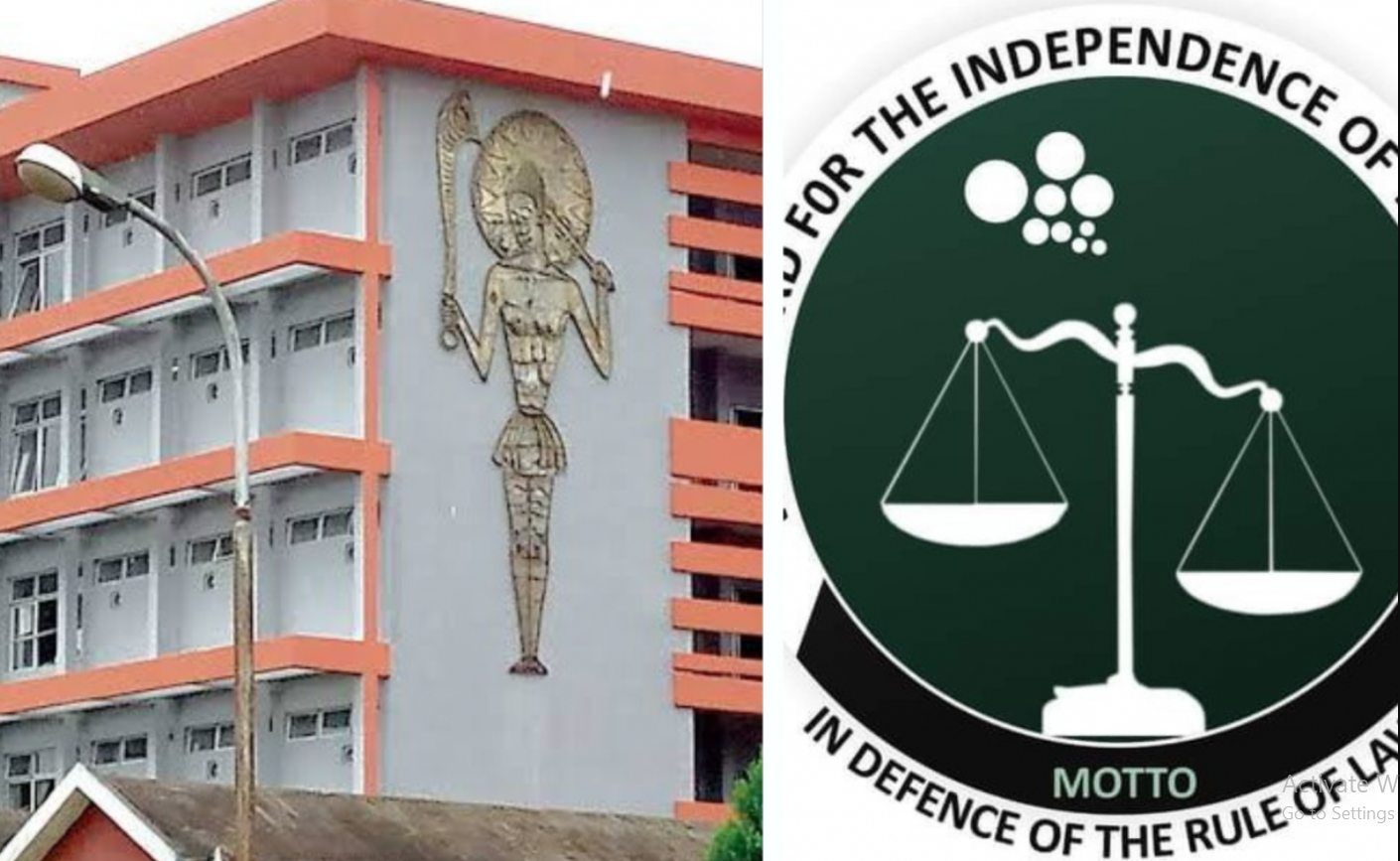The provisions include conducting criminal proceedings through audio and video conferencing platform, powers of Chief Magistrate to visit Police Stations, prohibition of media parade of suspects, compensation to victims of crime, protective measures for victims and witnesses as well as the Establishment of a Crime Data Register and the Criminal Justice Sector Reform Committee to monitor the implementation of this Law.
New and innovative reforms carried out in the Lagos State Administration of Criminal Justice Laws has been assented to by Lagos State governor, Babajide Olusola Sanwo-Olu.
Known as Administration of Criminal Justice (Amendment) Law [ACJL] of Lagos State, 2021, the governor signed the new reforms into law on September 31, 2021.
According to a statement signed by the Attorney General and Commissioner for Justice, Moyosore Onigbanjo SAN, the reforms will “further strengthen the justice system, promote the rights of victims and suspects as well as address the issue of delay in the Administration of Criminal Justice in Lagos State, key innovative provisions have been introduced as amendments to the Law”.
The provisions include conducting criminal proceedings through audio and video conferencing platform, powers of Chief Magistrate to visit Police Stations, prohibition of media parade of suspects, compensation to victims of crime, protective measures for victims and witnesses as well as the Establishment of a Crime Data Register and the Criminal Justice Sector Reform Committee to monitor the implementation of this Law.
Onigbanjo said by signing the amendments into law, “it reinforces the commitment of Mr Governor to the promotion of Law & Order, Protection of rights of Citizens, decongestion of our Correctional Facilities and ensure a crime-free society in Lagos State”.
Onigbanjo assures that the Ministry of Justice through collaborative effort with Stakeholders in the Administration of Criminal Justice will ensure the provisions of this law are enforced.
The ACJL was first passed in Lagos State in 2007 and amended in 2011 (more than ten (10) years ago) to ensure the Fundamental Rights of suspects and persons that come into contact with the justice system, as enshrined in the Constitution are protected.







